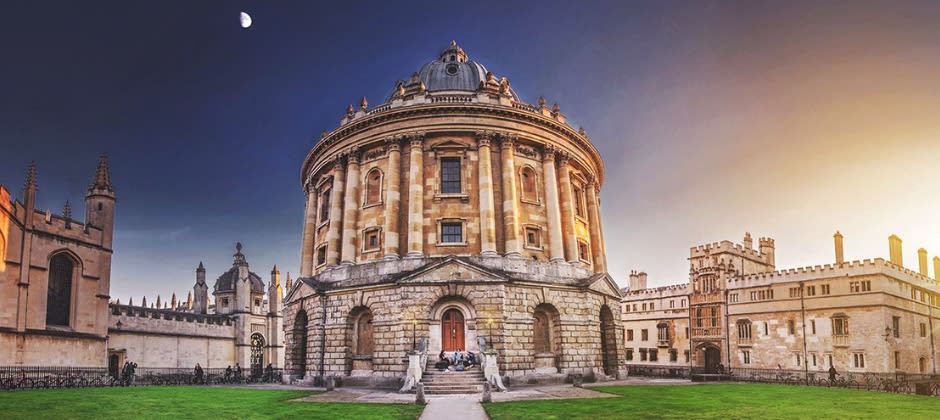Course description

The MSt in Diplomatic Studies is twelve-month full-time course specifically designed for early- to mid-career diplomats.
The Diplomatic Studies Programme (DSP) aims to equip its members with the knowledge and skills required for diplomacy in the 21st century, and the confidence on which to build a successful diplomatic career within a foreign ministry, international organisation or elsewhere. It is distinctive in the close relationship it enjoys with the Foreign and Commonwealth Office and senior diplomatic practitioners.
The majority of its members are established diplomats proposed for the course by their governments, who return to their diplomatic careers after the course is over. A few non-diplomats with relevant academic background and professional experience are included.
Geographical representation on the course is extremely broad and you will have the opportunity to benefit significantly from exchange of experience between each other and with alumni. As well as key issues of the day, the DSP places emphasis on national and regional issues relevant to countries and regions from which the participants come.
In 2019 the programme celebrated its 50th anniversary and our alumni, who include royalty and Prime Ministers as well as Ambassadors, now occupy a large number of senior posts in the diplomatic field.
Programme structure and content
This a full-time courses which requires residence in Oxford.
Diplomatic Practice
The Diplomatic Practice course usually comprises a mixture of seminars and vocational training exercises as well as study tours. A wide variety of academics, diplomatic practitioners and others deliver seminars and lectures. DSP members may take part in practical exercises in diplomacy, for example in multilateral negotiation, crisis management and lobbying, and benefit from opportunities to develop their diplomatic writing, oral presentation and analytical skills.
In recent years, the course has included a day’s joint training with the Foreign and Commonwealth Office’s Diplomatic Academy. Training days may be subject to restrictions or changes imposed in response to COVID-19.
International Politics, Public International Law, International Trade and Finance
These academic courses are taught to students through a mixture of seminars and lectures. Members will gain a broad academic and critical understanding of each subject, and will learn how to research and write academic essays.
Media techniques and academic writing
All students are offered training in presentation skills in a digital world, an essential for diplomats. All DSP members are offered training in academic writing skills.
Languages
The working language of the course is English. One benefit of the DSP is the opportunity it offers to build up and polish to a very high and sustained standard of effectiveness and fluency their command of the English language, the major international and diplomatic language in today’s world.
DSP members are also welcome to study an additional language using the resources of the University's Language Centre.
University lectures
As full members of the University, students on the DSP are encouraged to attend lectures, seminars and other events held elsewhere in the University.
Study tours
As part of both programmes, all members usually take part in study tours in the United Kingdom and elsewhere in Europe, visiting international organisations, government ministries, multinational companies and media institutions.
Assessment
Those admitted to the Master of Studies will complete a research project leading to a 15,000-word dissertation on a topic relevant to one or more of the subjects covered in the taught courses. You will take classes in research methodology and will conduct supervised research.
There are also four year-end examinations.
College membership and accommodation
DSP members become full members of both the University and one of the Colleges of the University. Further information about colleges and how the university is structured may be found on the relevant Graduate Admissions pages, including information about which colleges may offer accommodation and offer places to students on the DSP.
Application details
Please see our course page for details of fees and costs, funding opportunities, entry requirements and how to apply.
Do you work at this organisation and want to update this page?
Is there out-of-date information about your organisation or courses published here? Fill out this form to get in touch with us.

